The latest report uncovers a surprising figure of (at least) 325 barriers have been removed in 16 European countries – a new record! As in 2021, most of the removed barriers were weirs, as these structures have a high probability of being old and obsolete and can be removed in a cost-efficient way. But large dams such as the Roche-qui-boit dam in France (16m high) are also among the 2022 achievements.
Several factors have contributed to the new numbers such as newly available funding opportunities, like the Open Rivers Programme, the coordinated efforts of national and regional public authorities to report removed barriers, and the hype created by findings of last year’s report disseminated all around Europe.
Given the latest developments in European climate policy and the Commission’s proposal for a Nature Restoration Law, it is important to keep highlighting dam removal as a crucial tool to accomplish ecosystem restoration and celebrating success stories across Europe. Moreover, barrier removal also contributes to the global Freshwater Challenge to restore 300,000km of degraded rivers by 2030, a goal launched at the UN Water Conference held in New York in March. Besides pollution, habitat degradation, and over exploitation of natural resources, freshwater ecosystems face one major issue: dams.
It has been found that over 1,2 million barriers fragment European rivers, with many being obsolete. Among the several harmful consequences is biodiversity loss, with a decline of 93% in freshwater migratory fish populations in Europe and 76% on a global level. The alarming numbers ask for costeffective and efficient solutions to restore rivers. Dam removal has been paving its way in nature
restoration tools – a trend has been confirmed across Dam Removal Europe’s annual reports.
Read the press release
Read the report
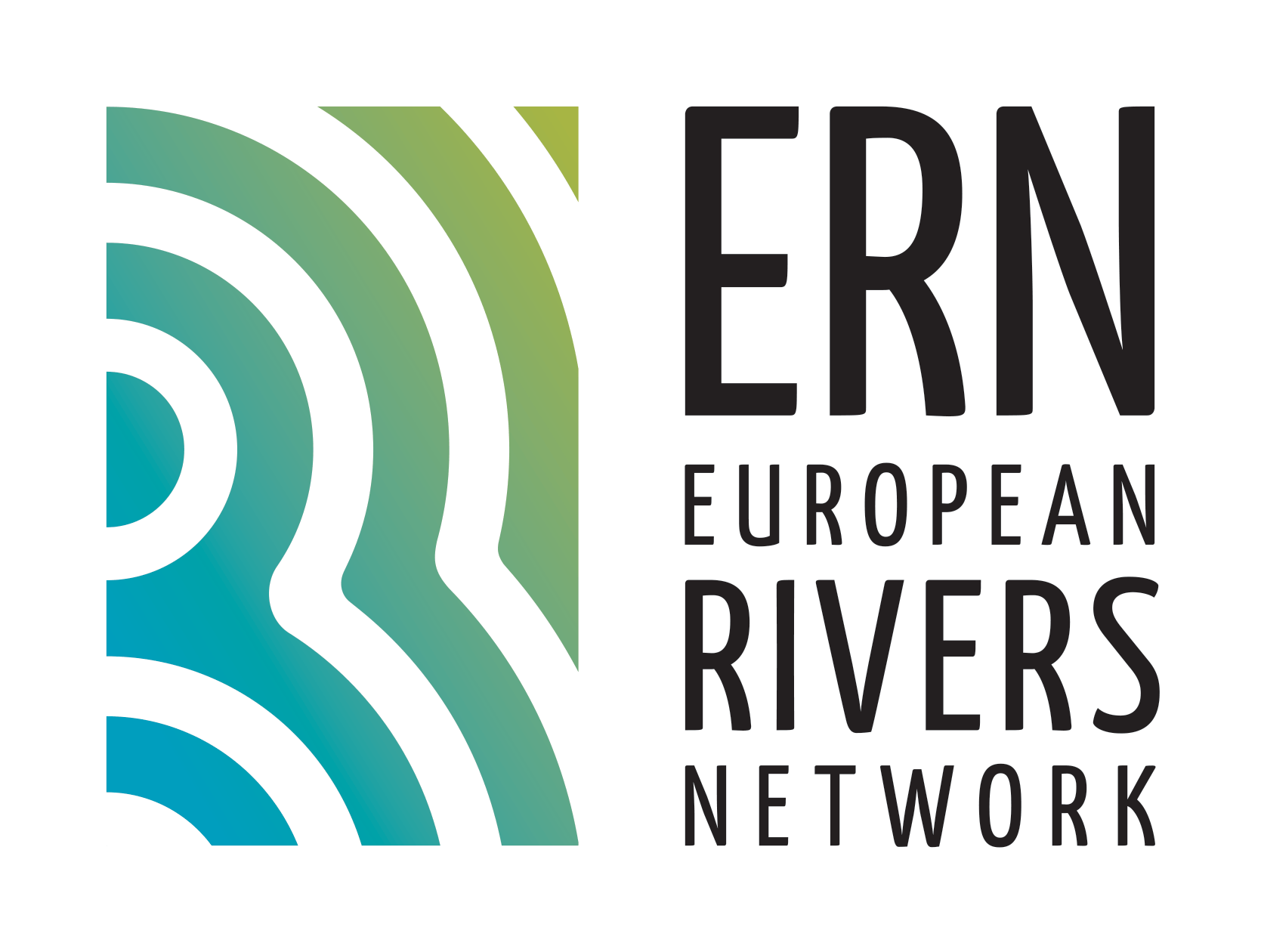
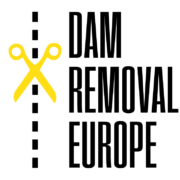
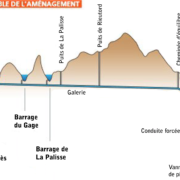
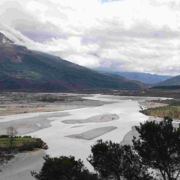
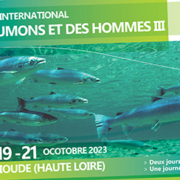
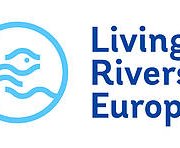
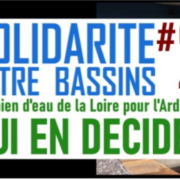

 ERN France
ERN France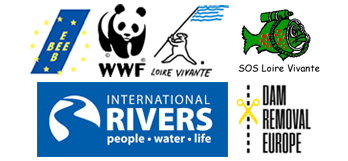 ERN is the official WWF Freshwater Partner in France and cooperates with WWF Switzerland, Austria, Netherlands and others
ERN is the official WWF Freshwater Partner in France and cooperates with WWF Switzerland, Austria, Netherlands and others